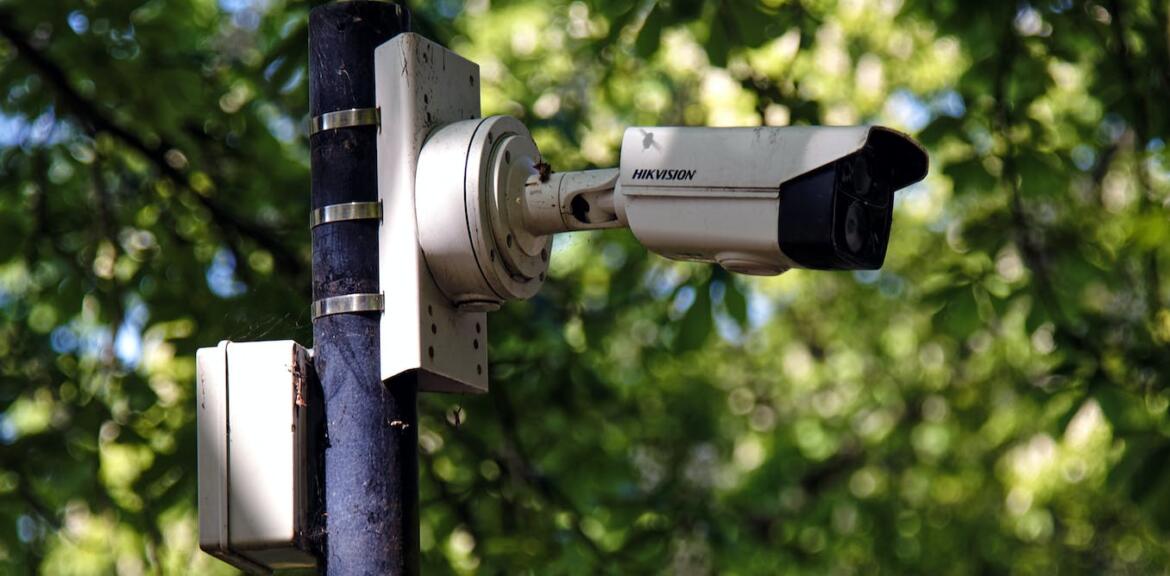As artificial intelligence grows more ubiquitous, its potential and the challenges it presents are coming increasingly into focus. How we balance the risks and opportunities is shaping up as one of the defining questions of our era. In much the same way that cities have emerged as hubs of innovation in culture, politics, and commerce, so they are defining the frontiers of AI governance.
Some examples of how cities have been taking the lead include the Cities Coalition for Digital Rights, the Montreal Declaration for Responsible AI, and the Open Dialogue on AI Ethics. Others can be found in San Francisco’s ban of facial-recognition technology, and New York City’s push for regulating the sale of automated hiring systems and creation of an algorithms management and policy officer. Urban institutes, universities and other educational centres have also been forging ahead with a range of AI ethics initiatives.
These efforts point to an emerging paradigm that has been referred to as AI Localism. It’s a part of a larger phenomenon often called New Localism, which involves cities taking the lead in regulation and policymaking to develop context-specific approaches to a variety of problems and challenges. We have also seen an increased uptake of city-centric approaches within international law frameworks.
In so doing, municipal authorities are filling gaps left by insufficient state, national or global governance frameworks related to AI and other complex issues. Recent years, for example, have seen the emergence of “broadband localism”, in which local governments address the digital divide; and “privacy localism”, both in response to challenges posed by the increased use of data for law enforcement or recruitment.
AI localism encompasses a wide variety of issues, stakeholders, and contexts. In addition to bans on AI-powered facial recognition, local governments and institutions are looking at procurement rules pertaining to AI use by public entities, public registries of local governments’ AI systems, and public education programs on AI. But even as initiatives and case studies multiply, we still lack a systematic method to assess their effectiveness – or even the very need for them. This limits policymakers’ ability to develop appropriate regulation and more generally stunts the growth of the field.
Building an AI Localism framework
Below are ten principles to help systematise our approach to AI Localism. Considered together, they add up to an incipient framework for implementing and assessing initiatives around the world:
-
Principles provide a North Star for governance: Establishing and articulating a clear set of guiding principles is an essential starting point. For example, the Emerging Technology Charter for London, launched by the mayoral office in 2021 to outline “practical and ethical guidelines” for research around emerging technology and smart-city technology pilots, is one example. Similar projects exist…
La suite est à lire sur: theconversation.com
Auteur: Stefaan G. Verhulst, Co-Founder and Chief Research and Development Officer of the Governance Laboratory (GovLab), New York University

